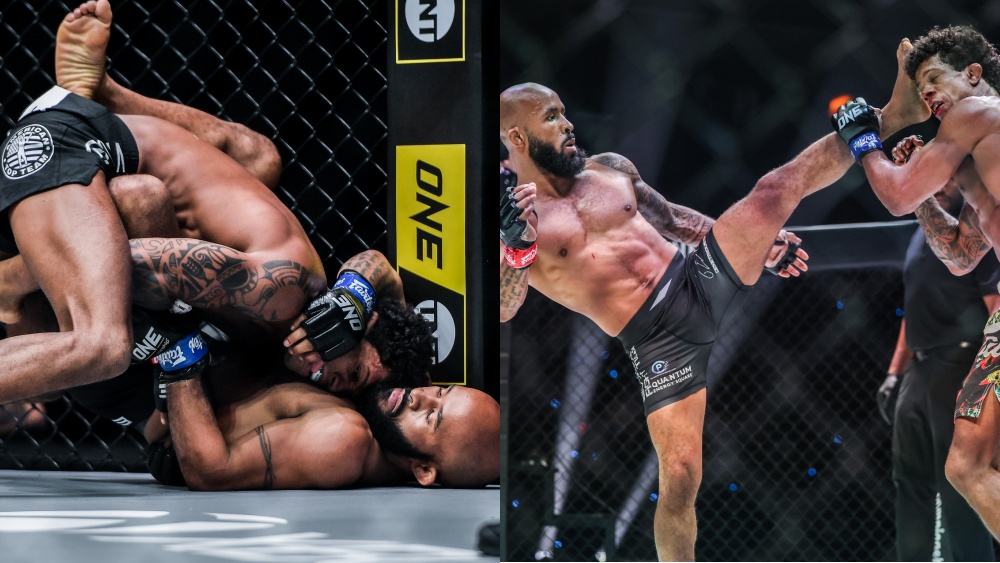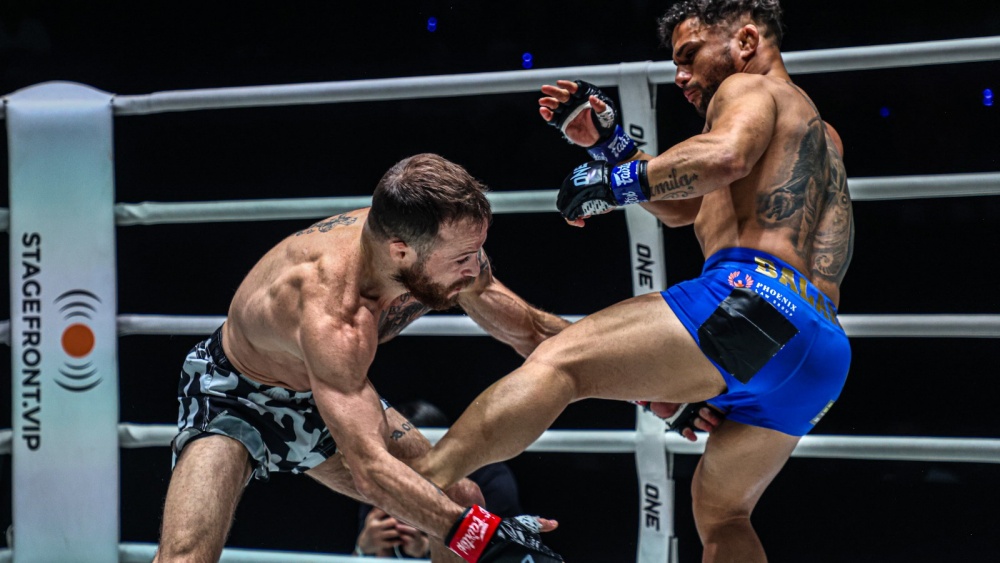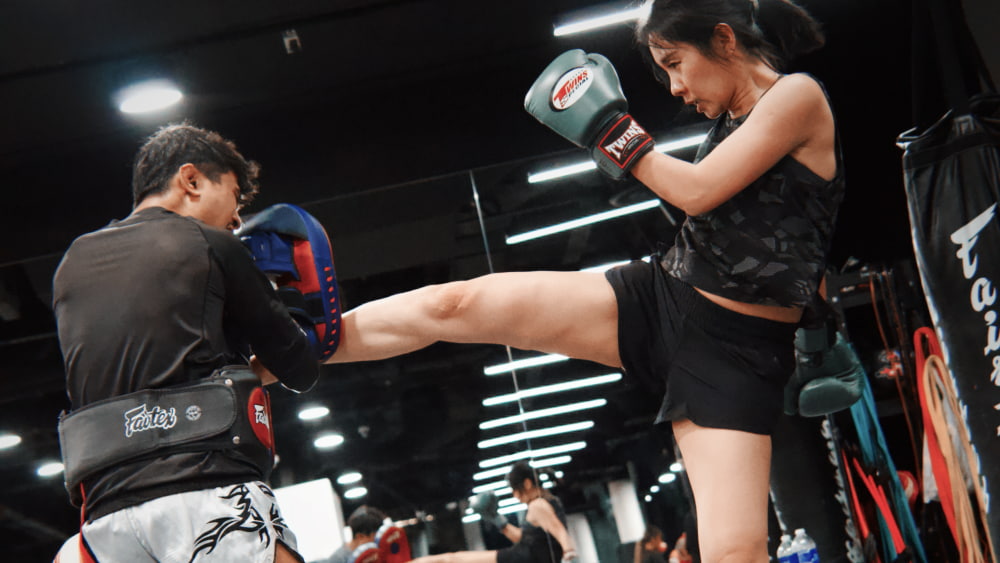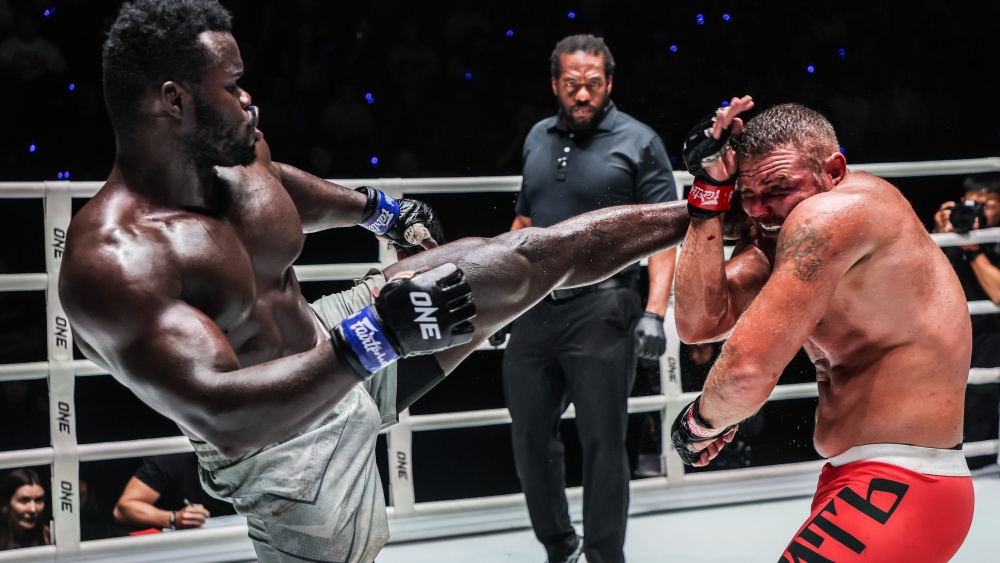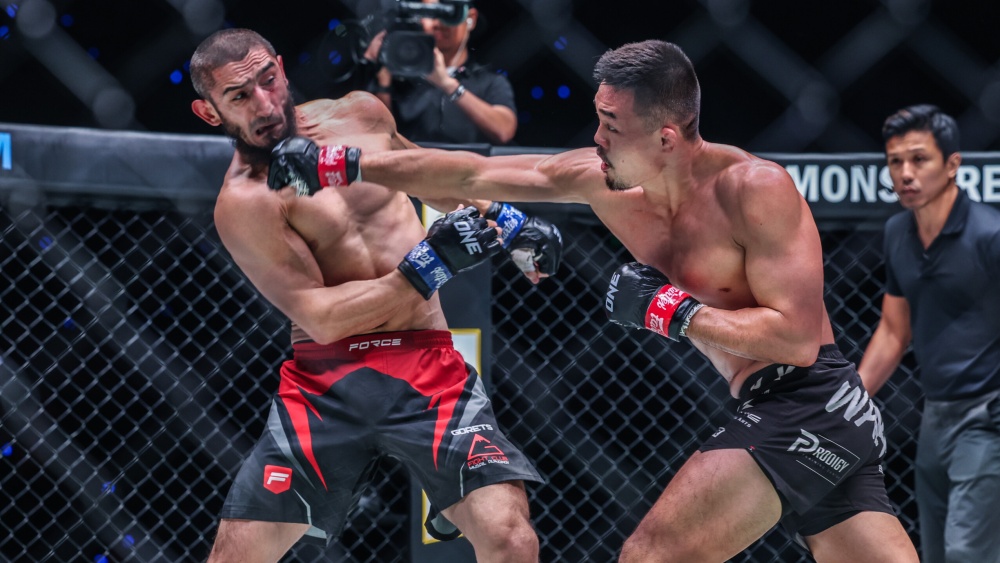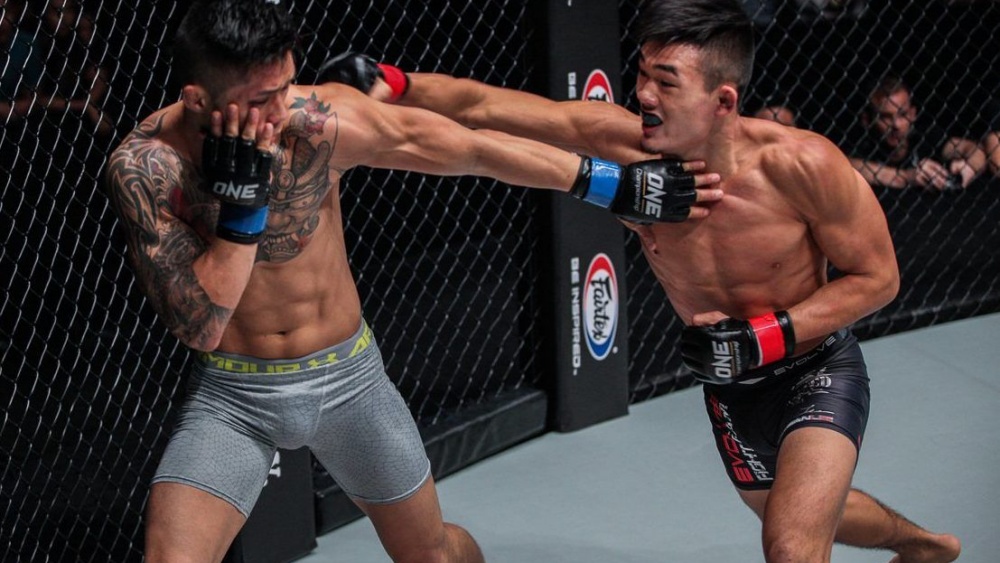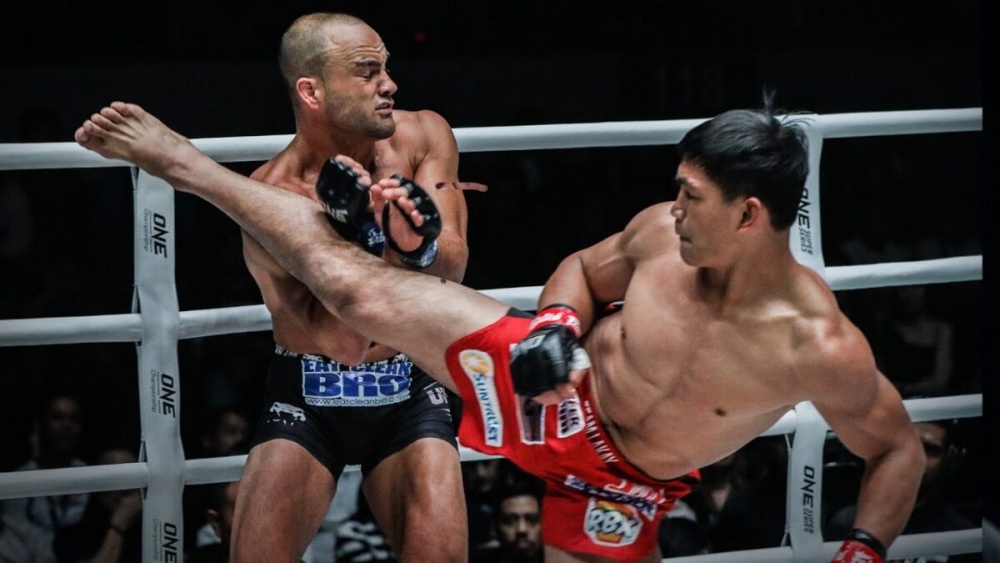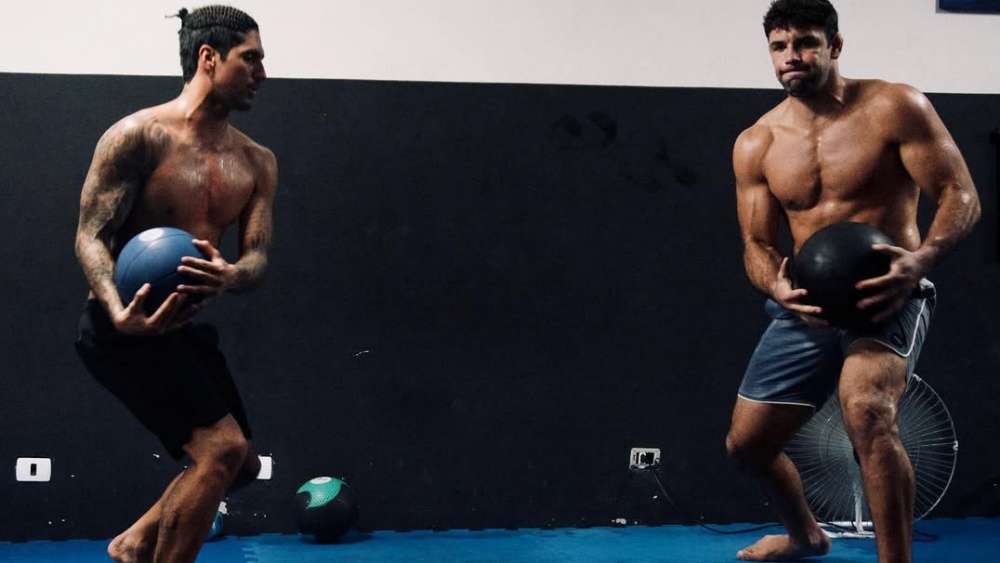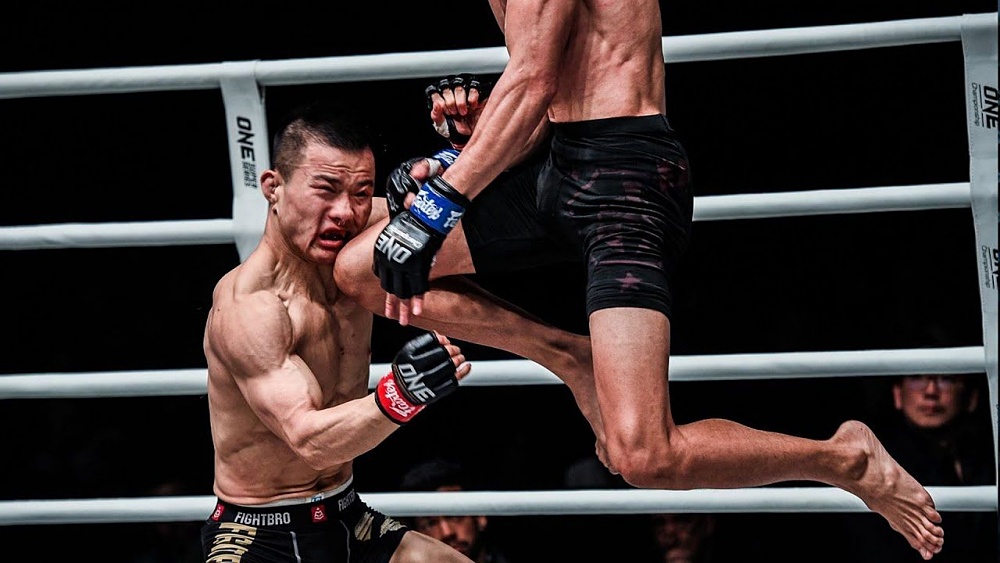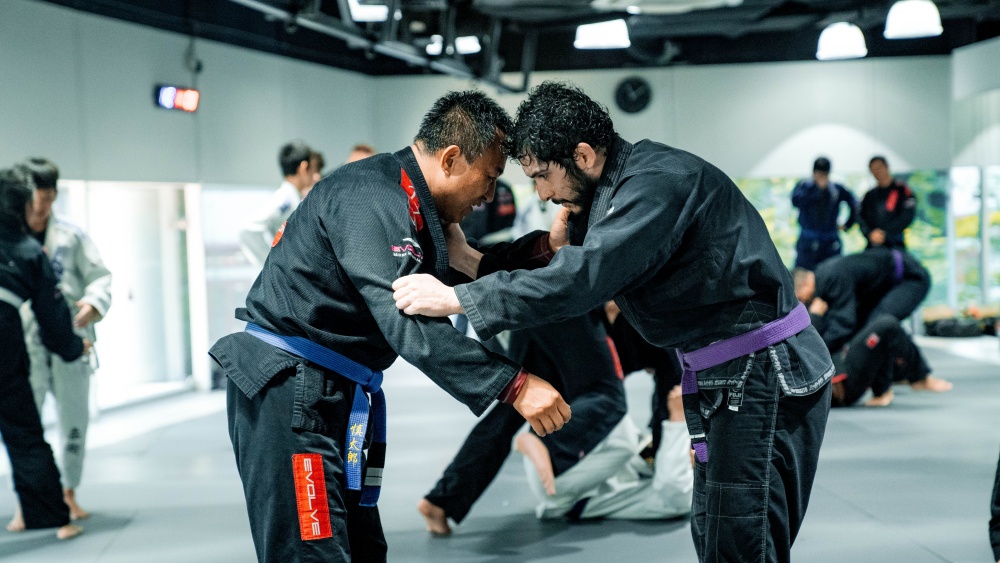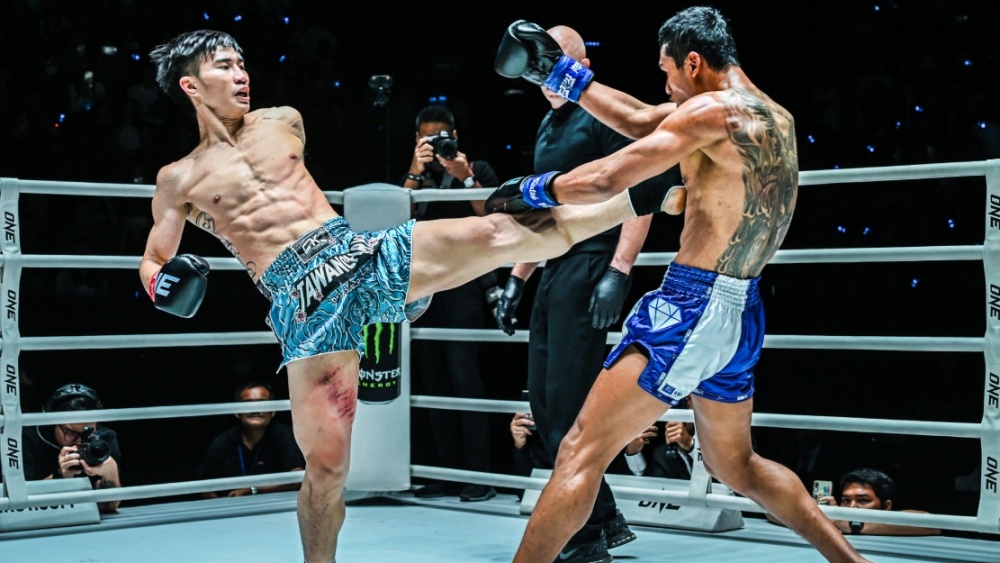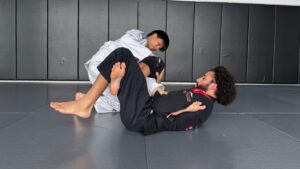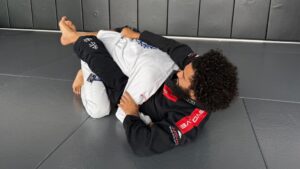You’ve probably heard the expression “fight IQ” often when watching combat sports like mixed martial arts. The term refers to a fighter’s ability to make the right decisions consistently during the heat of battle. This ability is so important it often determines the outcome of many MMA contests.
People watching from a distance often think being physically imposing is the most significant attribute a mixed martial artist can have, but having a high fight IQ is a more valuable trait. As is the case with most combat sports, mixed martial artists compete in several weight classes, leading to most competitors being equally yoked in size and strength. When those two things cancel out, the fighter better at strategizing on the fly often emerges victorious.
A fighter is said to have a high IQ when most decisions they make during their bouts are the right moves. High-IQ fighters instinctively know when to throw a punch or kick, circle away, or shoot for a takedown.
The Importance Of Fight IQ In Modern Mixed Martial Arts
Having a high fight IQ is about creating a strategy, adapting to your opponent’s tactics, thinking critically, and anticipating your opponent’s next move during the heat of competition.
Unlike other combat sports, like boxing, that typically require competitors to focus on one specific aspect of fighting, mixed martial arts requires competitors to not only make intelligent decisions during any aspect of fighting; they also have to know when to transition to each aspect like takedowns, striking, or clinch work. Developing a high fight IQ in mixed martial arts is more challenging compared to other combat sports like boxing.
Fight IQ exists at the crossroads of cognitive abilities like spatial awareness, fast decision-making, adaptability, and pattern recognition.
Recognizing patterns in your opponent’s offensive and defensive moves makes it easier for you to defend against them and respond with counters. Fast decision-making allows you to determine the best way to capitalize on any patterns you recognize.
Spatial awareness allows you to navigate the combat zone effectively and maintain optimal distances from your opponents during fights.
Adaptability is a fighter’s ability to modify their approach based on their opponent’s tactics. Fighters with high fight IQs are exceptionally good at swiftly making these changes right in the middle of the action as they look to give themselves an edge.
High fight IQ is one of the most important mental skills for mixed martial artists to develop since fights often turn into chess matches when equally matched opponents collide. Fighters with high fight IQs like to plan a few moves ahead while simultaneously coming up with alternatives to deploy if their initial strategy fails. Such fighters rarely shoot in for poorly-timed takedowns or let their opponents off the hook when they have them hurt.
Improving Your Fight IQ For Mixed Martial Arts
Now that we’ve gone over what fight IQ constitutes in mixed martial arts let’s take a look at some of the ways you can increase your fight IQ:
1) Practice, Practice, Practice
A high fight IQ won’t mean much if you don’t know how to perform the optimal physical movements in any given scenario. A simple glance shows that the fighters with the highest fight IQs in MMA history, like Demetrious Johnson and Georges St. Pierre, are highly well-rounded.
This means you must practice in all the positions you could find yourself in an MMA fight, from striking exchanges to clinching work against a cage. Your fight IQ will naturally increase as you master how to fight on the ground, clinch, and strike range.
2) Sparring
Sparring is just as crucial as spending lots of time drilling techniques since it allows you to practice your technique against a resisting opponent. Sparring is what drives home many of the lessons your instructors try to teach you during practice.
One of the reasons why Brazilian Jiu-Jitsu is highly regarded for self-defense is its gentle impact on the body. Unlike martial arts like kickboxing, where participants can only spar so often because they have to absorb strikes, grapplers like BJJ players get to roll at full intensity during their training sessions. This makes it easy for BJJ players to perform optimally in self-defense situations since they are already used to submitting and dominating opponents who resist and are also skilled grapplers. A regular person becomes a walk in a park when you’re used to tapping out other grapplers.
Sparring is what allows you to determine what works and what doesn’t. It’s where you start to realize what your go-to techniques should be based on their effectiveness when you spar. Make sure you get lots of sparring rounds with fighters who are more experienced than you are since each of these encounters is a learning opportunity.
3) Record Sparring Sessions And Analyze Them With Your Coach
Reviewing your sparring sessions with your coach gives you valuable insights on areas to improve and your strengths. Reviewing feedback from your training partners can also help identify these things. The more aware you are of your capabilities, the more likely you are to make intelligent decisions inside the ring.
4) Master The Cage
Cages have become the standard format for mixed martial arts since top organizations like ONE Championship and the Ultimate Fighting Championship have normalized their use. You need to be familiar with every inch of ground inside the cage and learn how to use the fence to your advantage.
5) Restrict Yourself During Sparring Sessions
Giving yourself a handicap during your sparring sessions forces you to adapt and come up with new ways to accomplish your goals. For example, you can choose to only use one arm during a sparring session, forcing you to devise new ways to keep your sparring partners at bay.
6) Watch Lots Of Tape On The Best Fighters Around
Watching MMA legends like Georges St. Piere, Demetrious Johnson, and Anderson Silva is an excellent way to improve your fight IQ since these fighters rarely make poor decisions inside the cage. You can learn valuable strategies to incorporate into your fights by watching them.
It Takes Years Of Practice To Develop High Fight IQ
Keep training hard, add some of the above practices to your training routine, and your fight IQ will naturally increase.
You may also like:
Using The Grapevine To Build A Crushing Mount Game In BJJ & MMA
